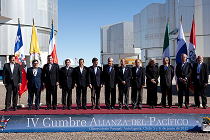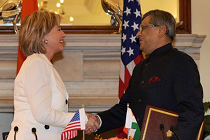Deconstructing the Muslim Brotherhood manifesto
The Muslim Brotherhood tries to project itself as holding moderate and liberal economic and social policies in its Nahada Manifesto. Although it claims to support the establishment of a liberal market economy with a business friendly climate, the document is rich in generalizations and short on specifics.








